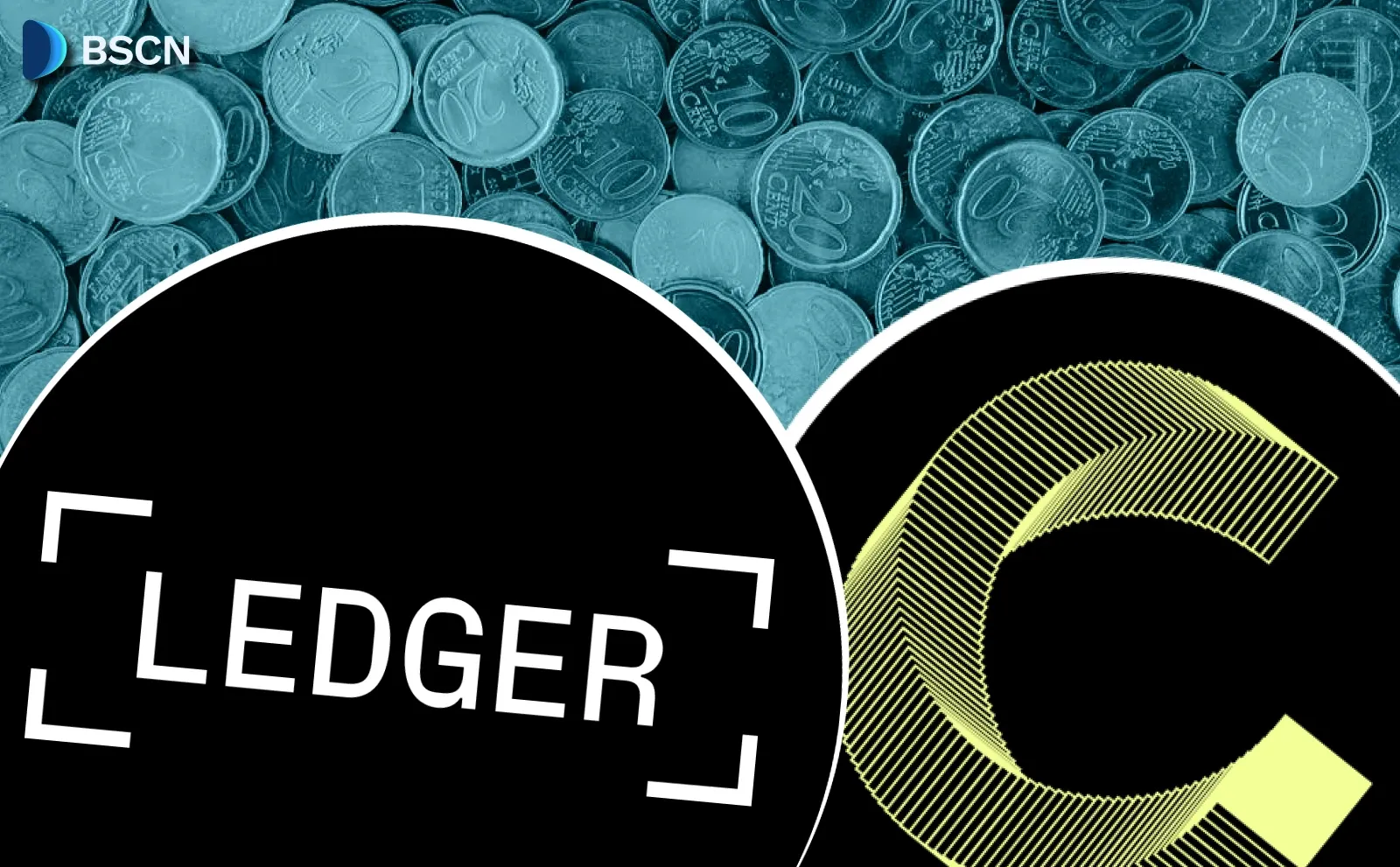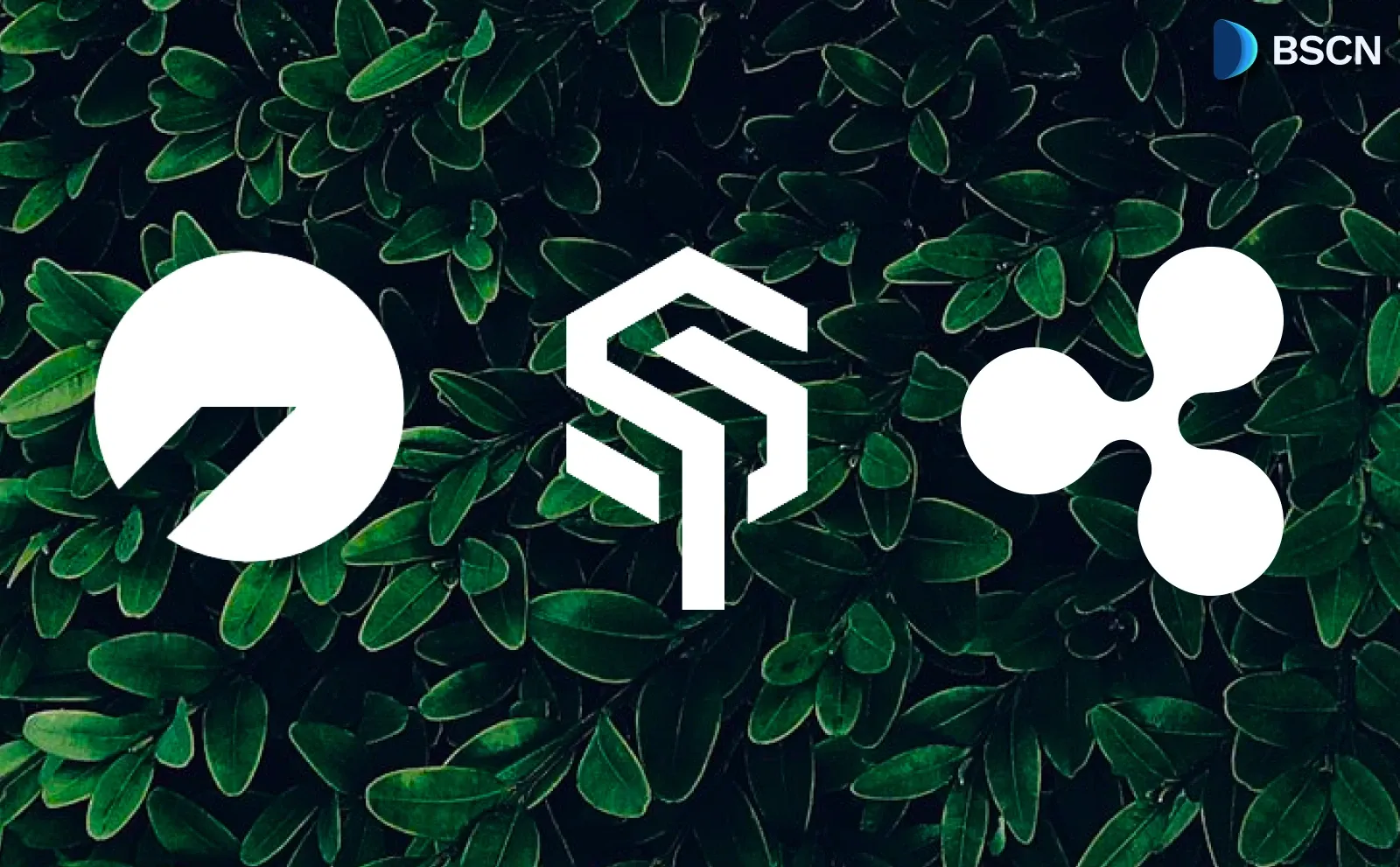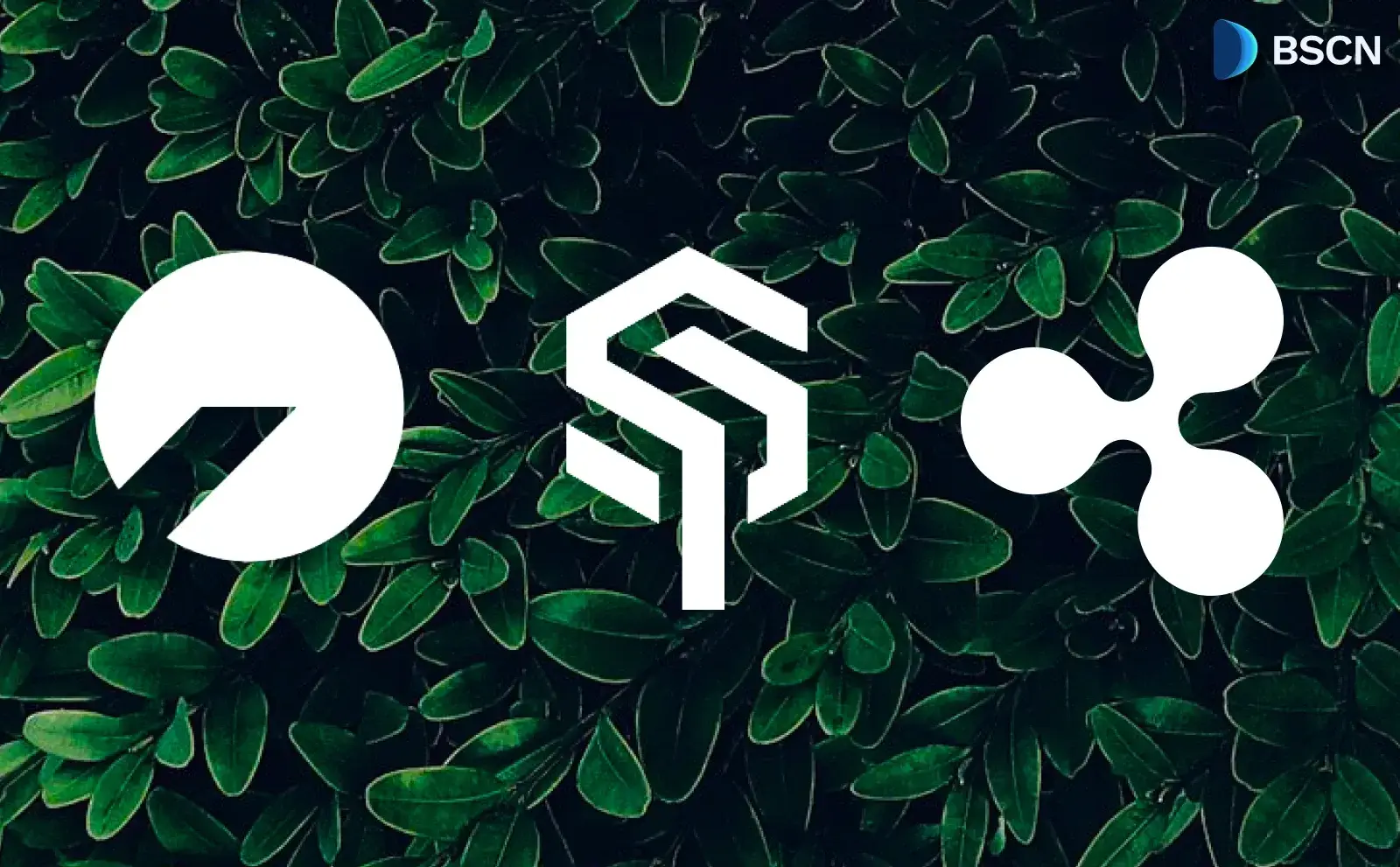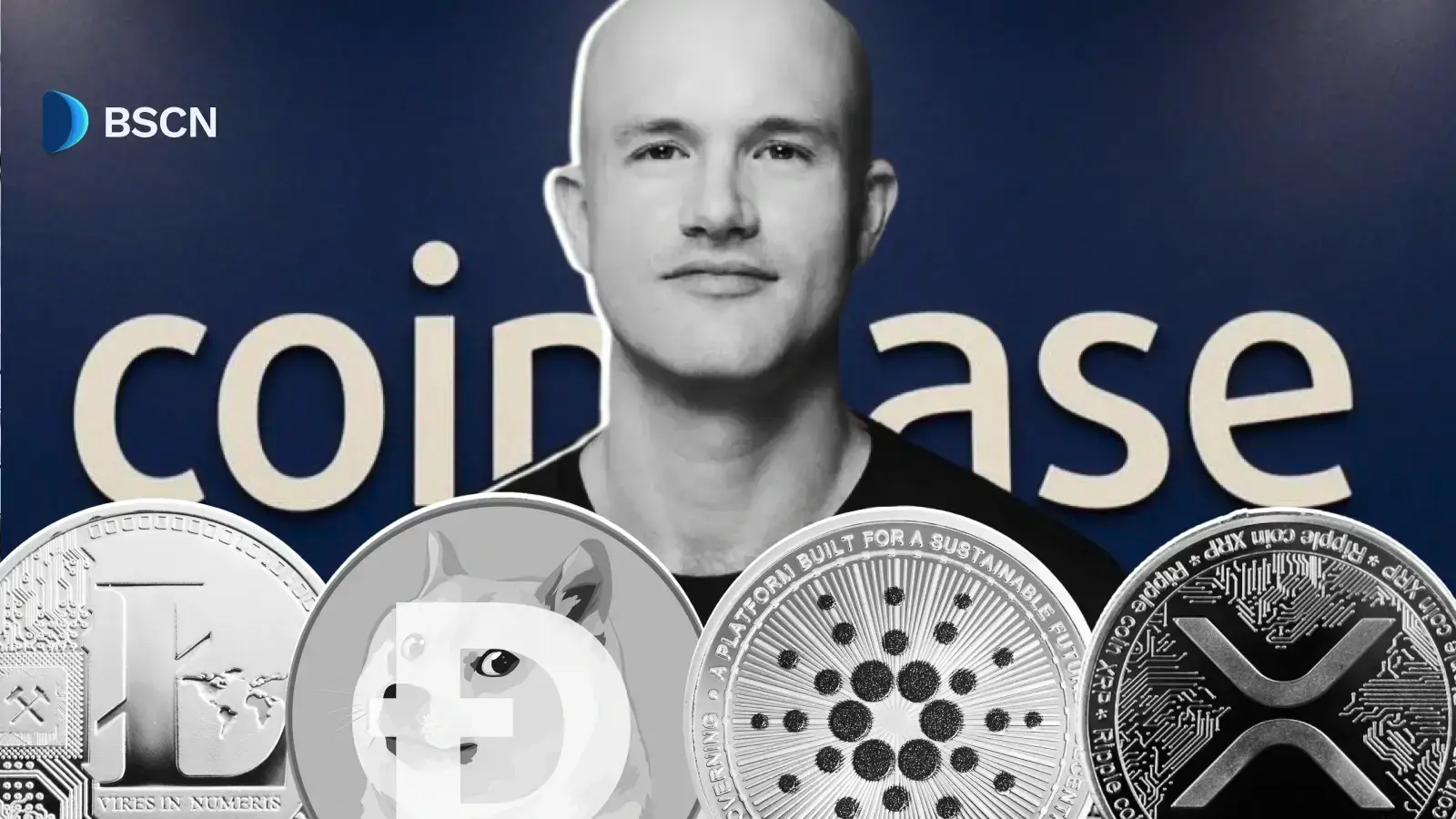Chainlink CCIP v1.5 Upgrade Launches on Mainnet

This release introduces the Cross-Chain Token (CCT) standard, enabling developers to deploy and manage tokens seamlessly across 20+ blockchains.
Soumen Datta
January 15, 2025
Table of Contents
Chainlink officially launched the highly anticipated CCIP v1.5 upgrade on the mainnet. This release promises to revolutionize the way developers interact with cross-chain tokens, providing them with enhanced tools for seamless integration and faster deployment across multiple blockchains.
With this upgrade, Chainlink aims to empower developers by enabling them to deploy Cross-Chain Tokens (CCTs) across 20+ blockchains quickly, securely, and without the need for complex coding.
Key Features of CCIP v1.5
The most notable addition in the CCIP v1.5 upgrade is the introduction of the Cross-Chain Token (CCT) standard. This feature allows token developers to integrate both new and existing tokens into Chainlink’s Cross-Chain Interoperability Protocol (CCIP) without needing to inherit any CCIP-specific code in their token's contract. This gives developers more control, ownership, and flexibility over their tokens.
Per reports, CCTs offer several benefits, including enhanced programmability, zero-slippage transfers, and the ability to deploy tokens on multiple blockchains in a matter of minutes.
Self-Serve Deployment and Customization
With the CCIP v1.5 upgrade, developers now have the ability to deploy pre-audited token pool contracts to convert any ERC20-compatible token into a CCT. Alternatively, they can choose to create their own custom token pool contracts for bespoke use cases. This flexibility provides developers with the tools they need to tailor their solutions to meet specific requirements while maintaining the security and reliability of the CCIP protocol.
A key feature of the upgrade is the new CCIP Token Manager, a user-friendly interface that simplifies the process of launching and managing CCTs. This tool offers no-code guided deployments and configuration tools, making it easier for developers to implement cross-chain tokens without needing extensive technical knowledge.
Introducing the CCIP SDK
Another significant improvement in CCIP v1.5 is the introduction of the CCIP SDK. This Software Development Kit (SDK) enables developers to integrate CCIP into their applications quickly, using just a few lines of code.
The SDK makes it easier for developers to create token transfer front-end dApps and manage CCT deployments with ease. The goal of the SDK is to enhance the developer experience and encourage wider adoption of cross-chain token transfers.
Expanding USDC Access
Alongside the v1.5 upgrade, CCIP is expanding its support for Circle’s Bridged USDC Standard. This move is crucial for addressing liquidity fragmentation in the multi-chain ecosystem and ensuring that DeFi projects have access to stable, reliable liquidity across different blockchains.
With Bridged USDC now available on more chains, projects can leverage this stablecoin to bootstrap initial liquidity on new chains without waiting for native USDC support. This enhances the accessibility of DeFi platforms and accelerates the adoption of decentralized finance across the broader blockchain ecosystem.
The expansion of Bridged USDC also follows Circle’s standard, ensuring consistency and reliability across multiple blockchains. Additionally, projects that use Bridged USDC can easily transition to native USDC once their blockchain receives CCTP approval, with no disruption to existing integrations. This reportedly provides long-term stability and future-proofing for DeFi applications.
Chainlink’s Growing Influence in the Crypto Ecosystem
The release of CCIP v1.5 comes at a time when Chainlink’s technology is increasingly being adopted across various sectors within the crypto space. One notable partnership is with BTguru, a Turkish virtual and crypto assets provider. BTguru plans to leverage Chainlink’s Cross-Chain Interoperability Protocol, data feeds, and proof-of-reserve technology to accelerate the adoption of tokenized securities by institutions.
This collaboration will allow BTguru to integrate Chainlink’s interoperability tools into its digital asset solutions and work closely with Turkey-regulated financial institutions.
Read Next...
Disclaimer
Disclaimer: The views expressed in this article do not necessarily represent the views of BSCN. The information provided in this article is for educational and entertainment purposes only and should not be construed as investment advice, or advice of any kind. BSCN assumes no responsibility for any investment decisions made based on the information provided in this article. If you believe that the article should be amended, please reach out to the BSCN team by emailing [email protected].
Author
 Soumen Datta
Soumen DattaSoumen has been a crypto researcher since 2020 and holds a master’s in Physics. His writing and research has been published by publications such as CryptoSlate and DailyCoin, as well as BSCN. His areas of focus include Bitcoin, DeFi, and high-potential altcoins like Ethereum, Solana, XRP, and Chainlink. He combines analytical depth with journalistic clarity to deliver insights for both newcomers and seasoned crypto readers.
Crypto Project & Token Reviews
Project & Token Reviews
Comprehensive reviews of crypto's most interesting projects and assets
Learn about the hottest projects & tokens





















